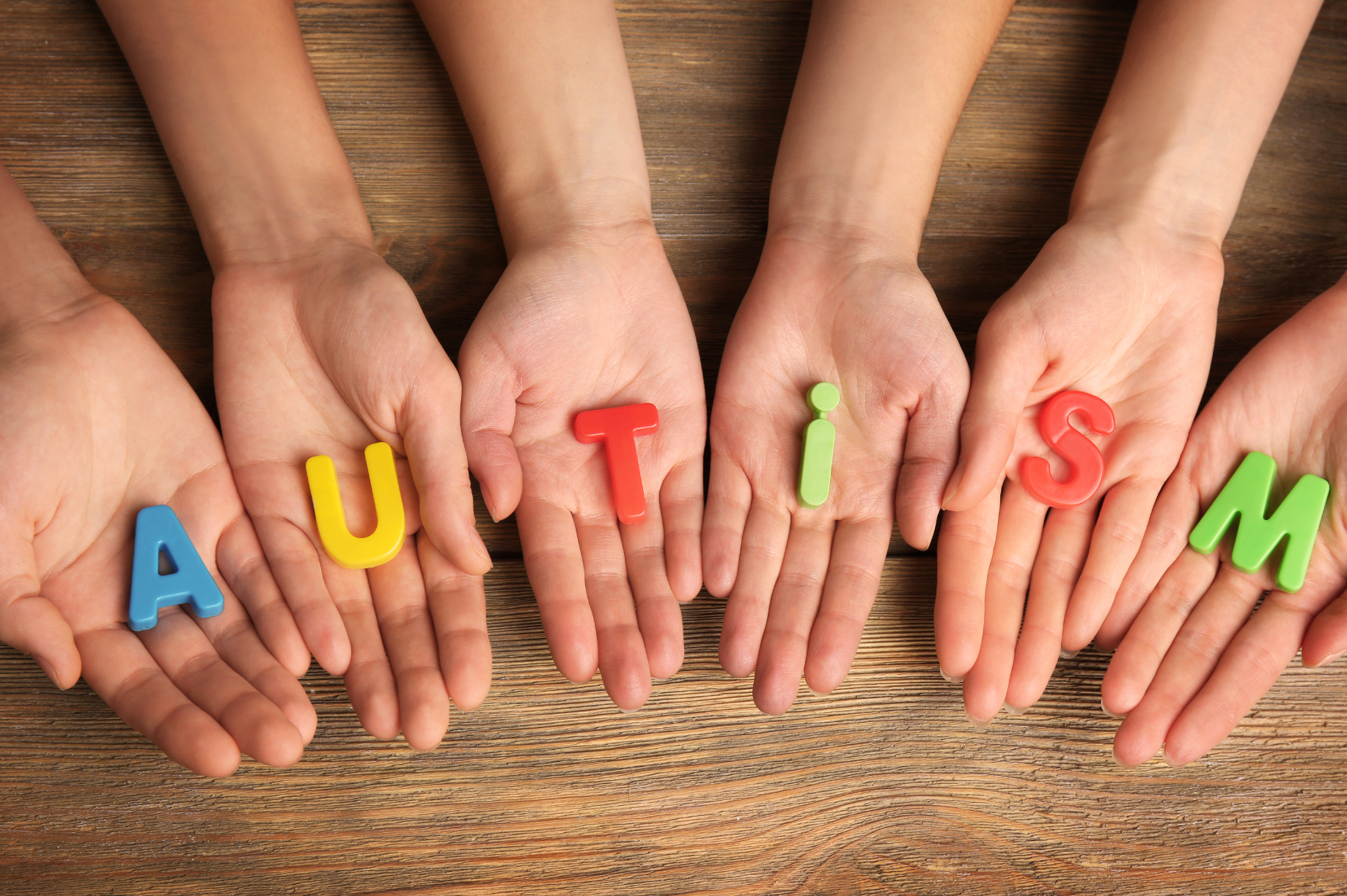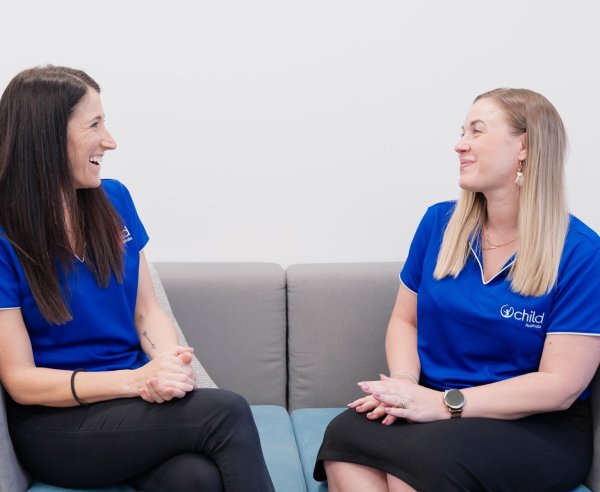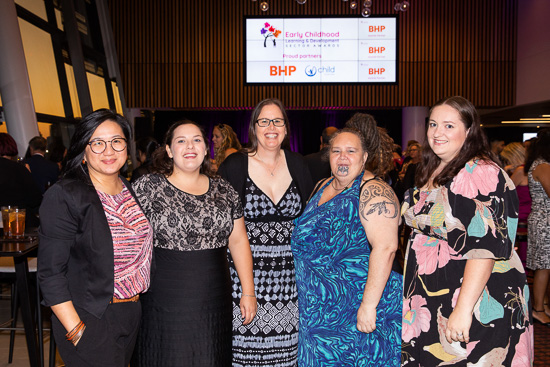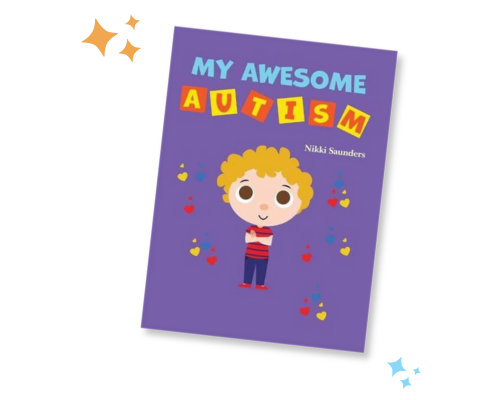World Autism Awareness Month
This month of April, the world comes together to recognise and celebrate World Autism Awareness Month, dedicated to promoting understanding, acceptance and support for individuals on the autism spectrum.
As we observe this significant day, it’s crucial to emphasise the importance of inclusive environments in education and care settings, ensuring that every child, regardless of their neurodiversity, feels valued and supported.
In Australia, inclusive practices in Early Childhood Education and School-aged care are guided by frameworks such as “Belonging, Being and Becoming” and “My Time, Our Place“.
These frameworks provide essential principles and guidelines to foster inclusive environments that cater to the diverse needs of all children, including those with autism.
So, what is our role as Educators according to these Frameworks?
The Early Years Learning Framework (EYLF) for Australia
“Belonging, Being and Becoming” is a fundamental framework that underpins Early Childhood Education in Australia.
It emphasises the importance of:
| Belonging | Being | Becoming |
|---|---|---|
| Creating environments where every child feels a sense of belonging, acceptance and connection. Educators strive to build relationships with children and families, ensuring that all children, including those with autism, feel included and valued. | Recognising and respecting each child’s individuality and uniqueness. This involves supporting children with autism in expressing themselves, exploring their interests and engaging in meaningful learning experiences. | Nurturing children’s learning and development as they grow and learn. Educators focus on supporting children with autism in reaching their full potential, providing tailored support and accommodations to meet their individual needs. |
My Time, Our Place (MTOP) Framework for School Age Care in Australia
“My Time, Our Place” provides guidance for educators working in school-aged care settings.
Key principles include:
| Holistic development | Community connections | Child-centered approach |
|---|---|---|
| Supporting children’s holistic development, including their social, emotional, physical and cognitive growth. Educators recognise and embrace the diverse strengths and abilities of children with autism, creating inclusive environments where they can thrive. | Fostering connections with the community and promoting inclusivity. Educators collaborate with families, support professionals and community organisations to ensure that children with autism have access to the resources and support they need to participate fully in activities and programs. | Taking a child-centered approach to learning and care, where children’s interests, choices and voices are valued and respected. Educators adapt activities and experiences to accommodate the needs and preferences of children with autism, promoting engagement and participation. |
Creating Inclusive Environments
As we commemorate World Autism Awareness Month, let us reaffirm our commitment to creating inclusive environments where every child, including those with autism, can feel a sense of belonging, acceptance, and support.
By embracing the principles of frameworks like “Belonging, Being and Becoming” and “My Time, Our Place,” we can work together to build a more inclusive and equitable society for all.



